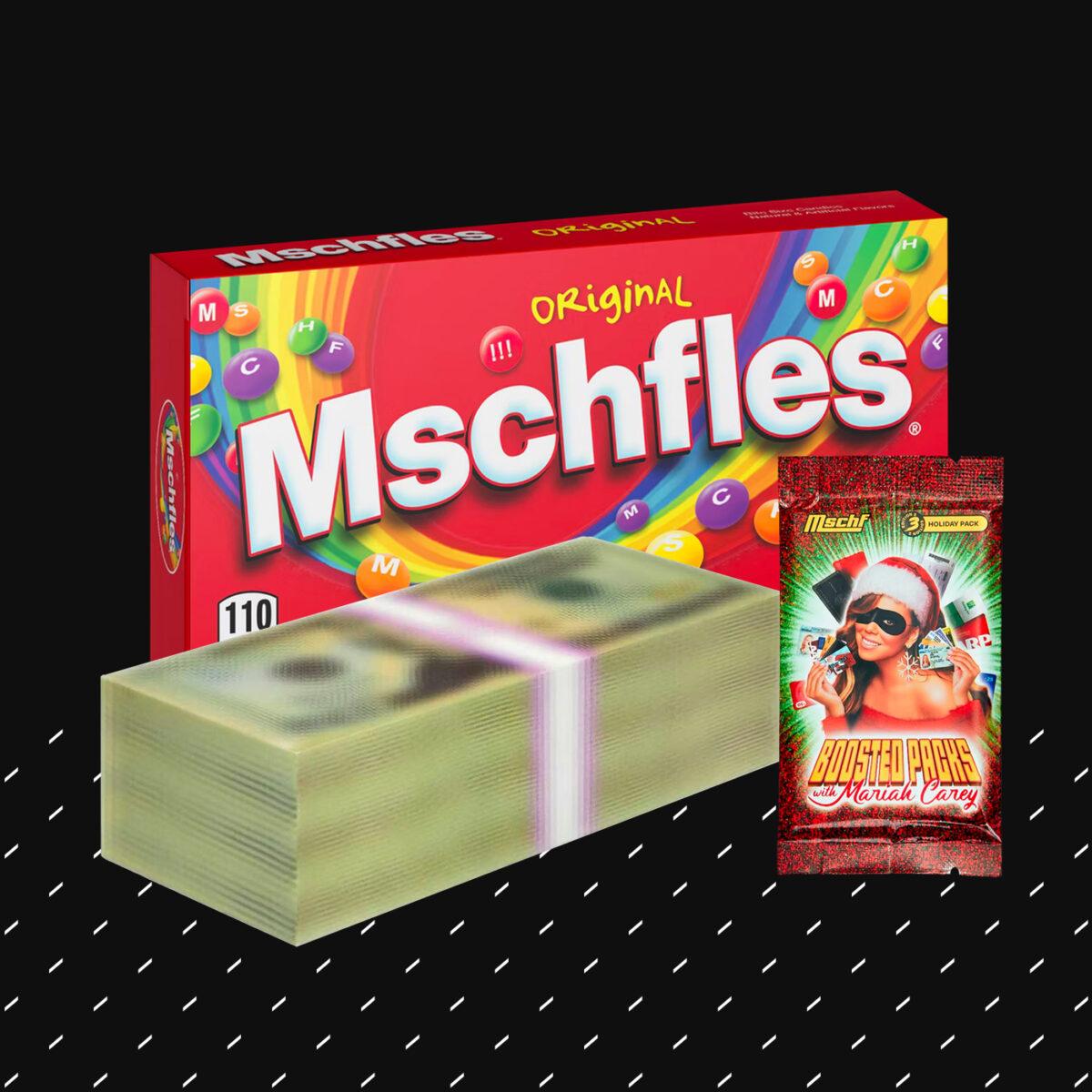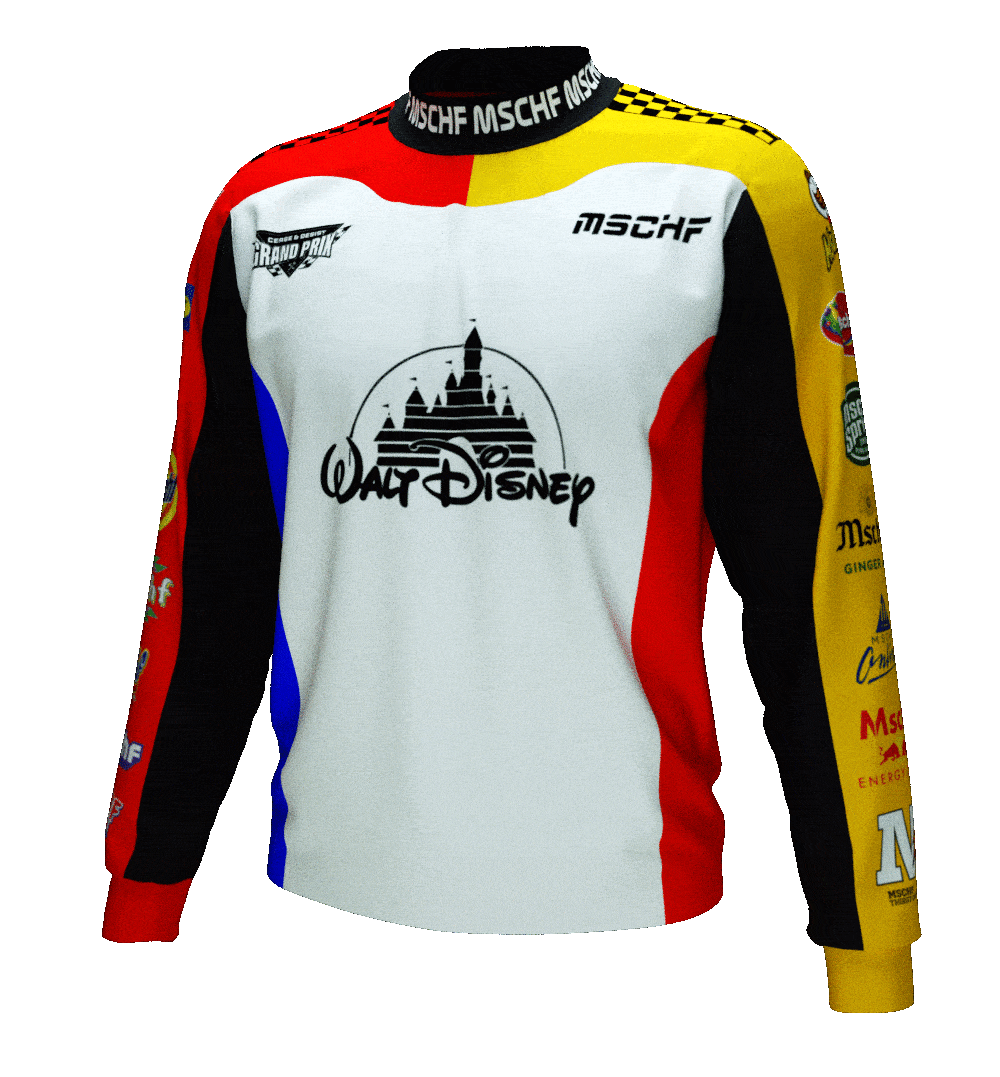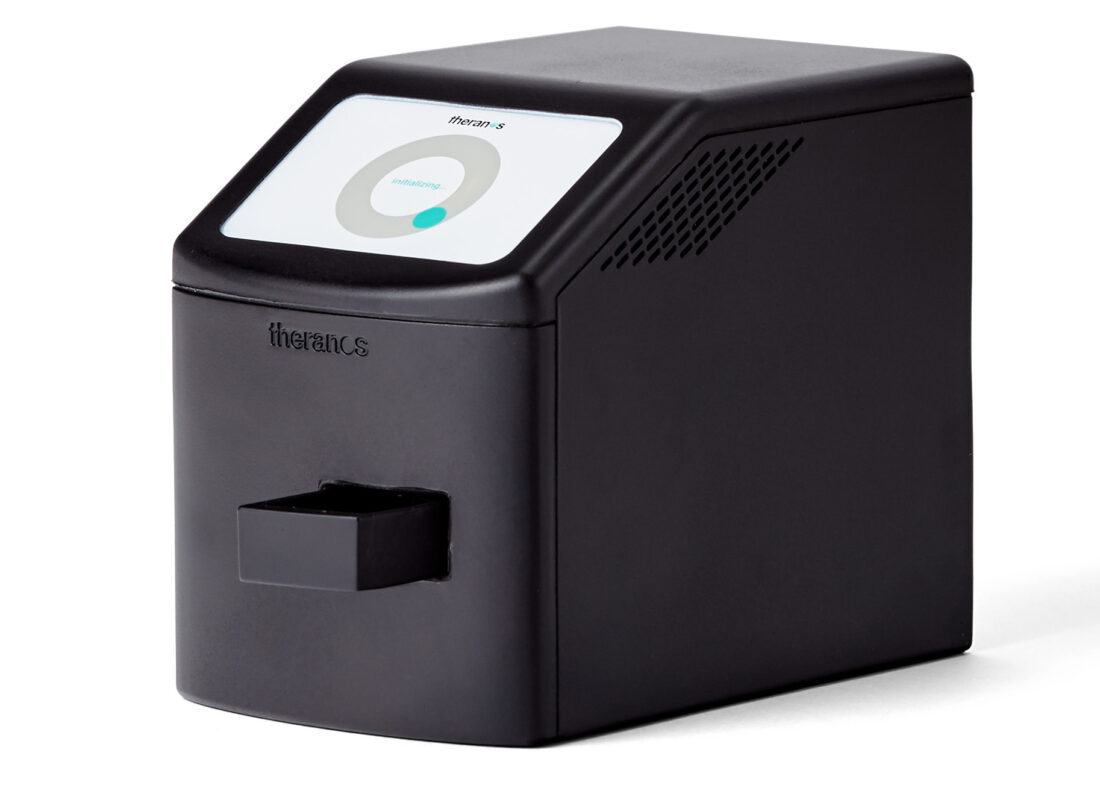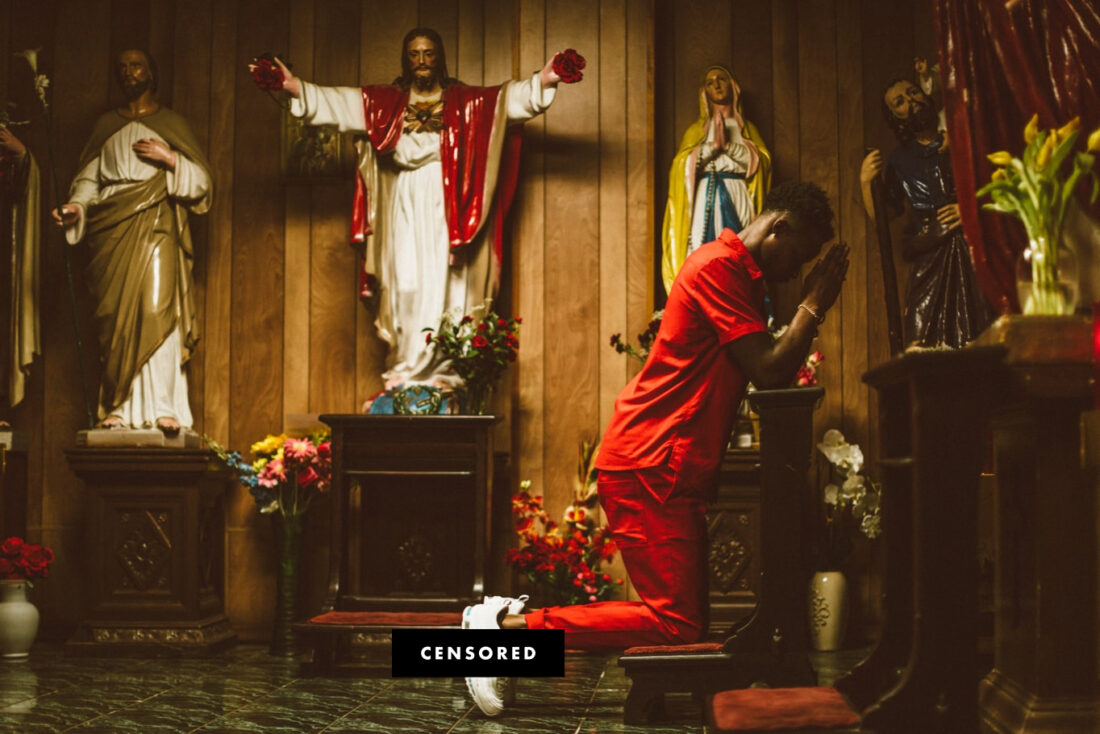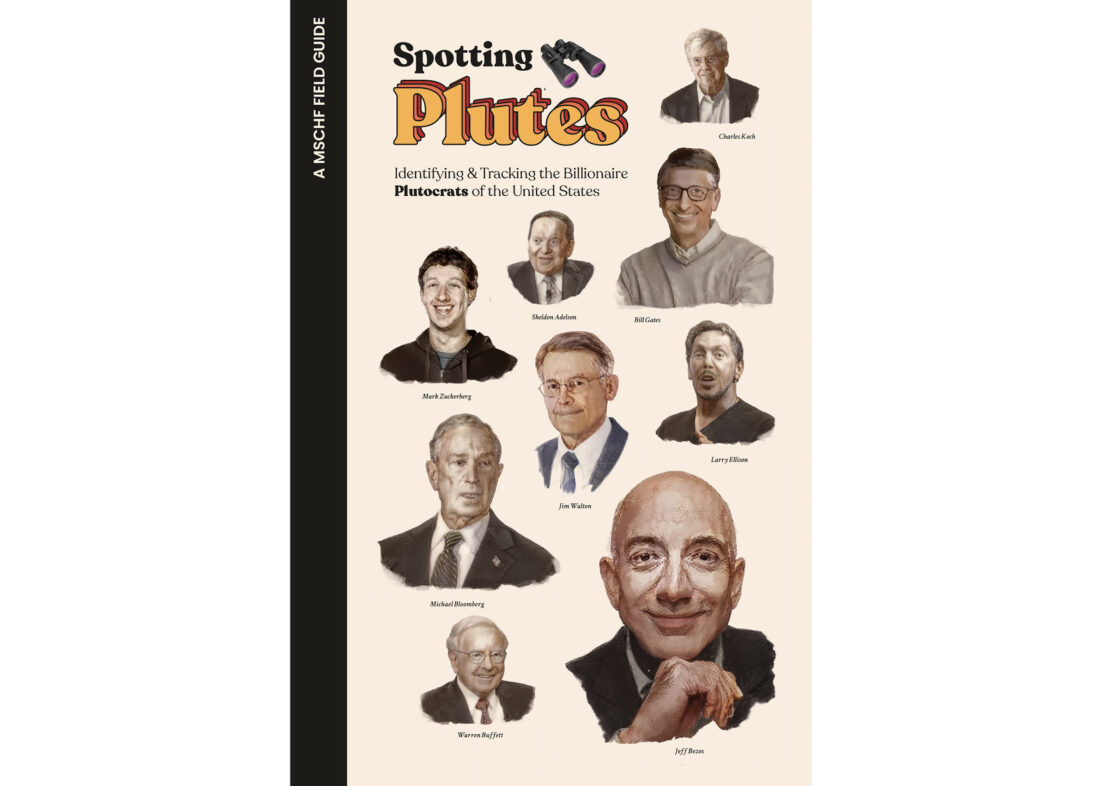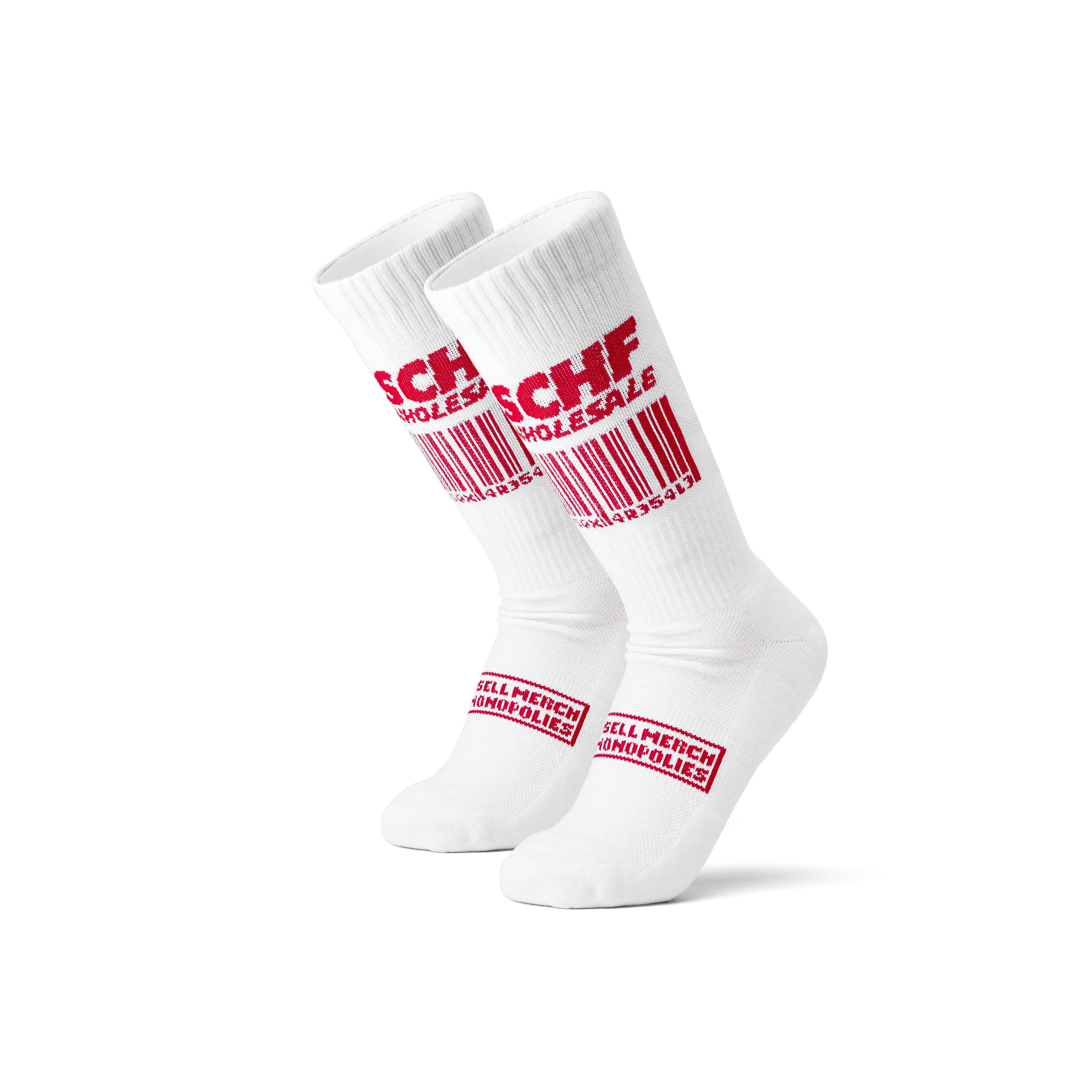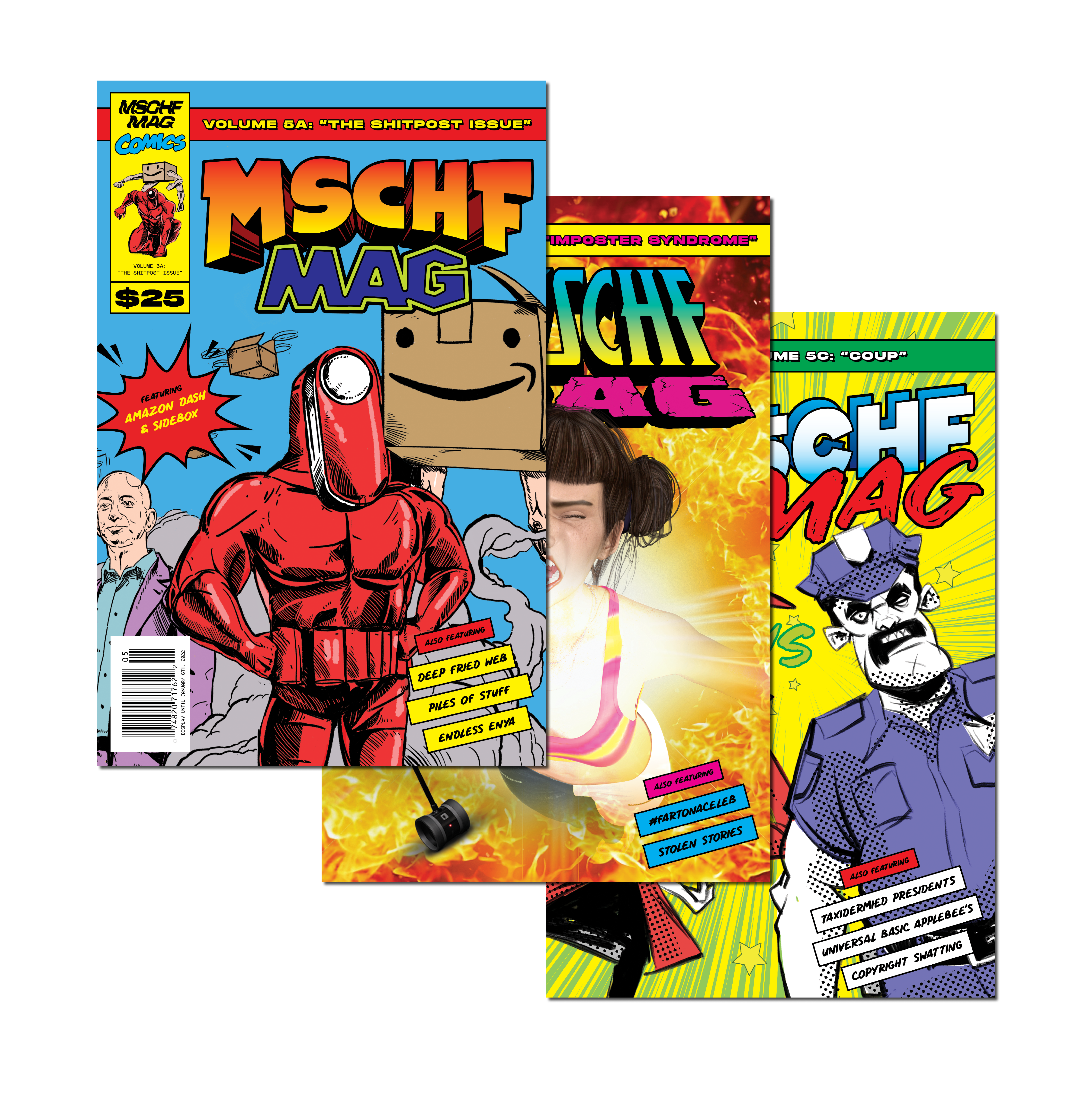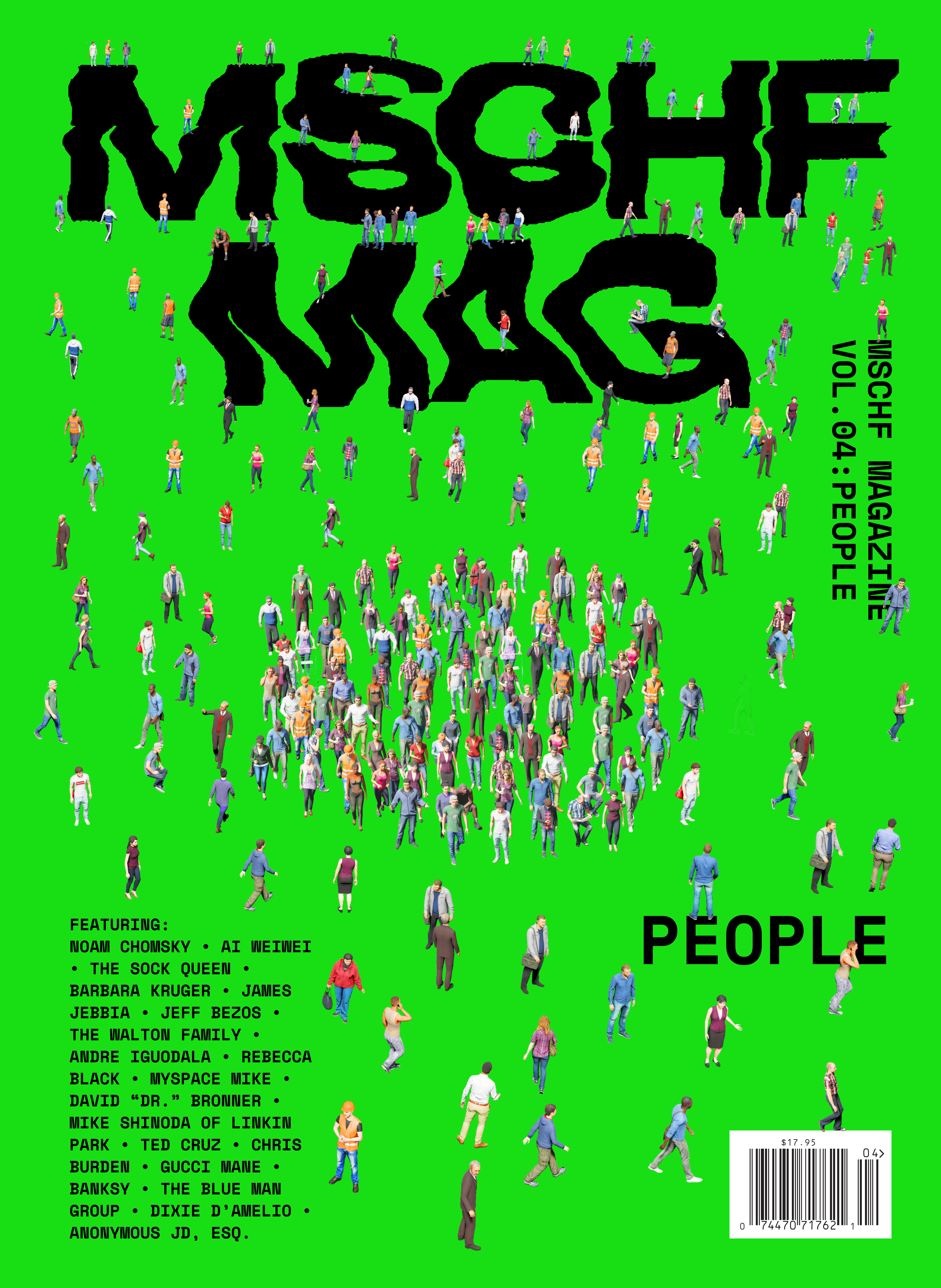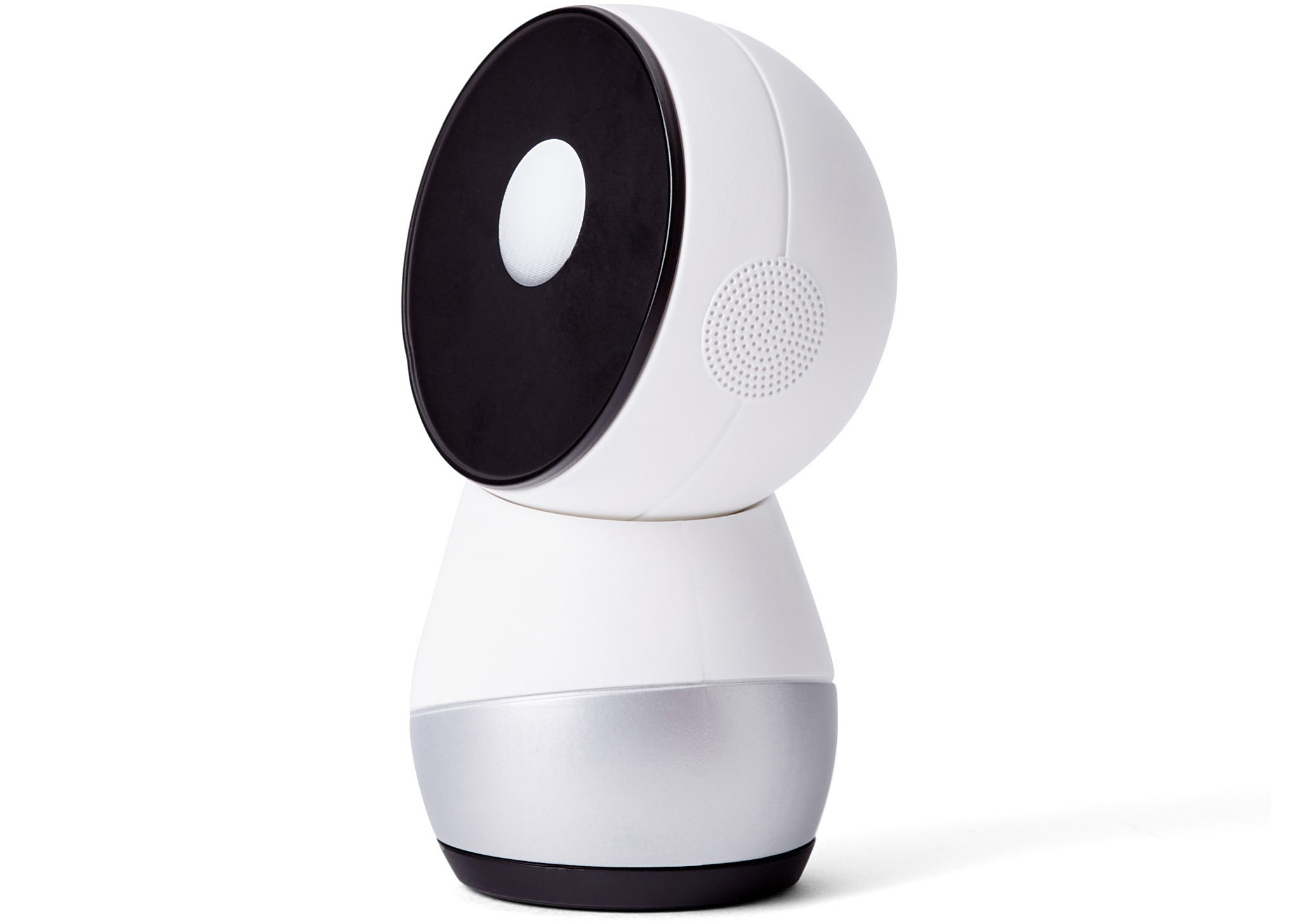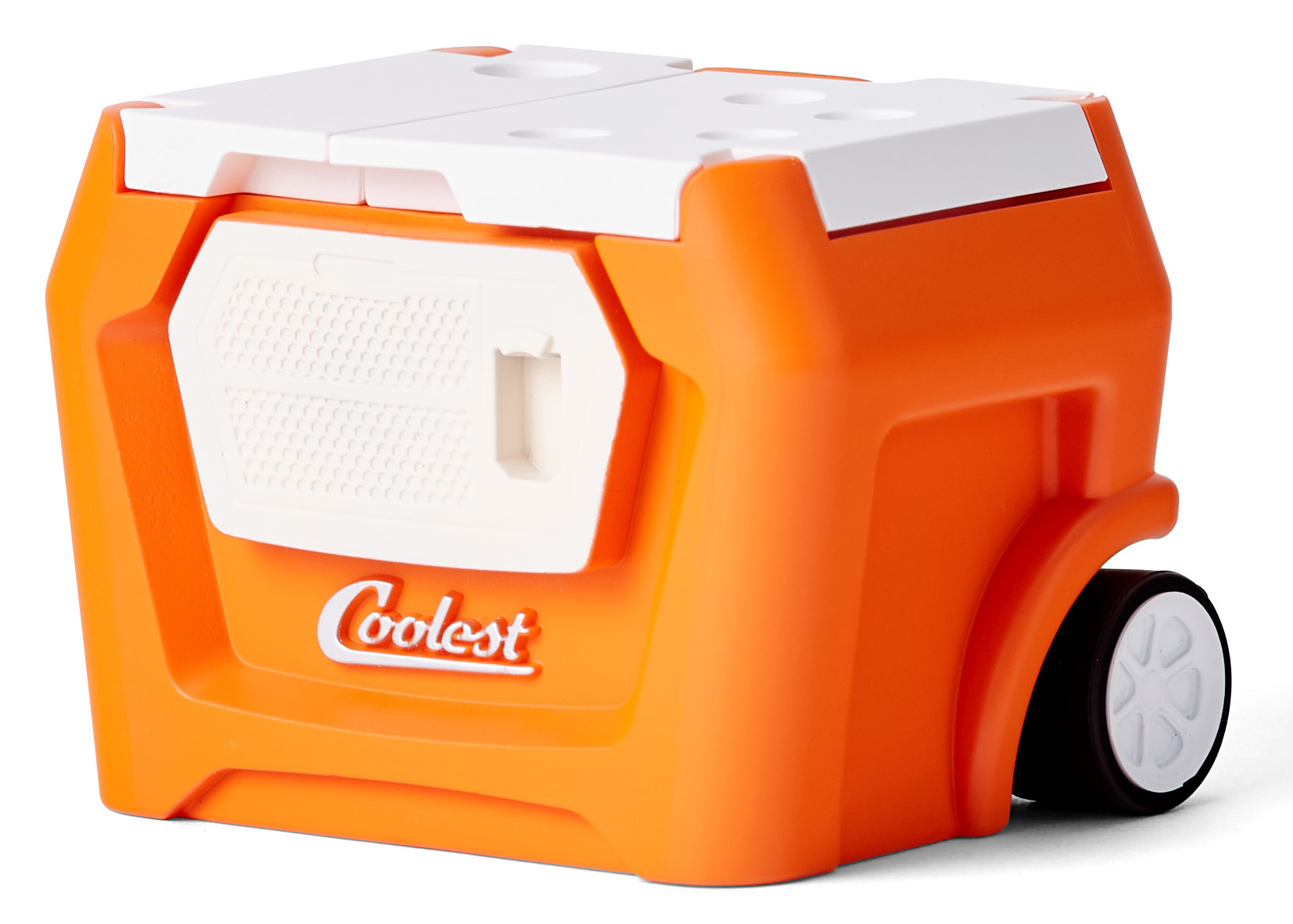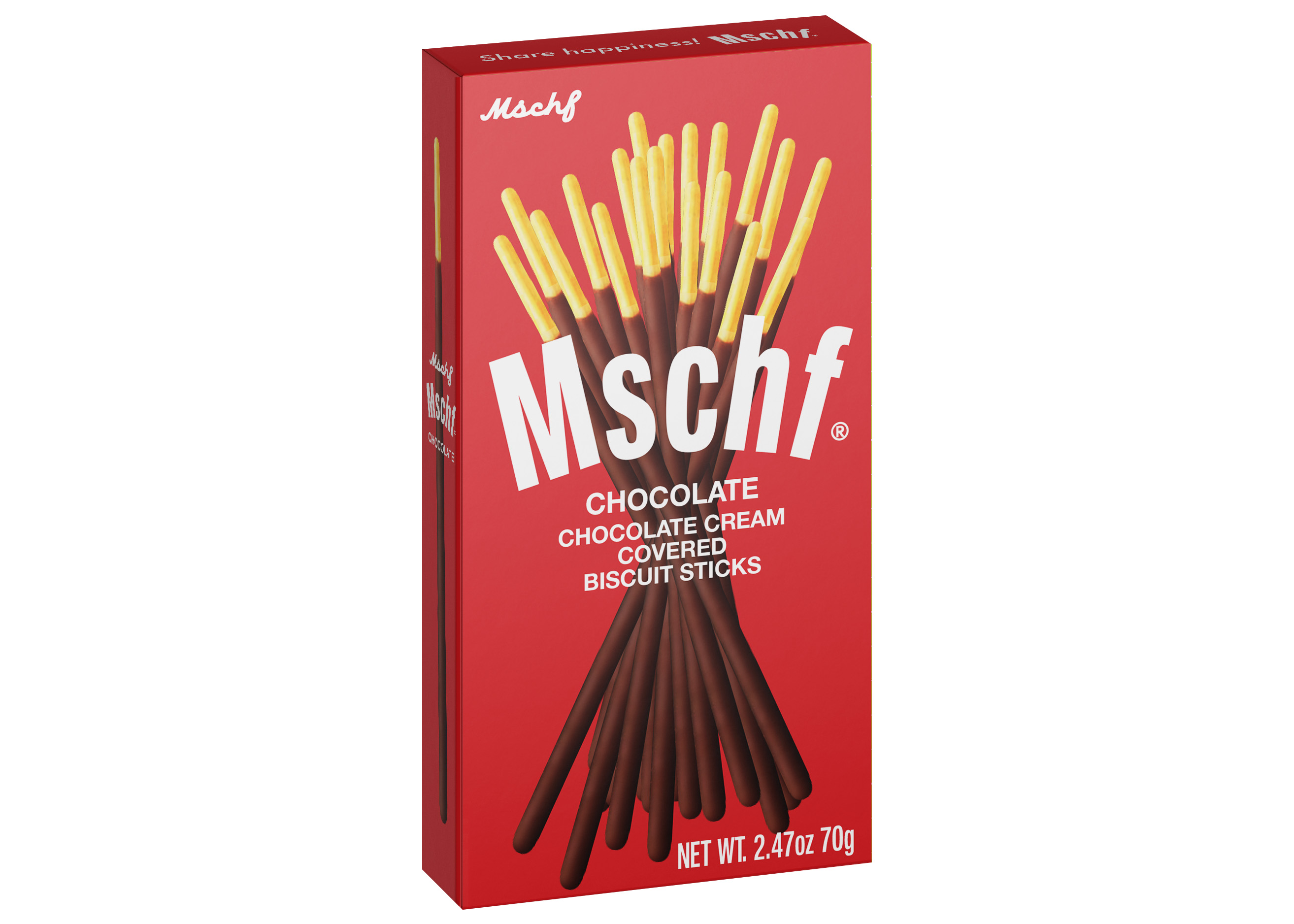On January 24, 2022, MSCHF released a collection titled Drop 68: Cease & Desist Grand Prix. The theme of the drop was “A RACE TO GET A CEASE & DESIST,” and featured racing shirts with the logos of popular companies like Starbucks, Subway, Amazon, Walt Disney, Microsoft, and more.
“We sold shirts that illegally used the logo of major companies,” MSCHF wrote on its app during the release. “Subway won the race by sending us a cease & desist first. Everyone who bought the Subway shirt won a champion’s hat!”
The campaign was a testament to MSCHF’s evident care-free, lighthearted attitude towards consumer and corporate culture. It seems MSCHF was testing the limits of trademark law using transgression to make a larger statement. During the campaign, MSCHF sent this message to the companies it targeted:
“You spend your days playing legal whack-a-mole with harmless and inevitable brand infringement. We’ve made a different game for you! Your C&Ds are used to shut down independent creativity, but now you have the opportunity to use one to participate in an actual creative endeavor. Get writing!”
While some companies may find these drops — particularly the Cease & Desist Grand Prix — unthinkable, MSCHF used it as an opportunity to facilitate a conversation around the nuances of trademark law. While these campaigns send their own unique messages, MSCHF’s site doesn’t feature an “about” section, and the company’s employees seldom give the outside world a look inside the company’s operations. Perhaps this is the intent — a means to keep consumers guessing at what’s coming while not closing MSCHF in a creative box.
Unapologetically MSCHF
The idea for the Cease & Desist Grand Prix may have been brainstormed at the company’s headquarters in Brooklyn, where the small team of fewer than a dozen people sometimes convene for a brainstorming session on the pentagram painted on the floor of the office. The “Ad-hoc” meeting space, as reported first by The New York Times, gives a glimpse of the unapologetic and brazen nature of the company. Within the art and collectibles space, MSCHF stands as one of the more unique current culture brands, clouded in mystery and controversy over its limited releases.
The name may ring a bell even if you’re not fully immersed in the collectibles ecosystem. MSCHF made rounds in the news in 2021 after releasing a set of controversial sneakers — the “Jesus” and “Satan” shoes — propelling the brand into the mainstream. Under the surface, however, MSCHF is much more than those products, releasing gaf (or prank) collectibles ranging from trading cards, candy, and blurry money stacks — all with clever marketing campaigns tied to every release. Some of these campaigns are centered around cryptic social media posts and a website that’s hard to follow at first glance, leading consumers to venture down the rabbit hole of links that go to unique URLs for different product releases.
In only six years, MSCHF has solidified itself as a leader in the collectibles market and has become one of the most popular collectible brands on StockX. Before you cop, here’s a guide breaking down the hype of MSCHF.
What Does MSCHF Mean?
MSCHF — pronounced “mischief” – is an art collective of unique creators on a mission to release some of the most unique collectibles on the market. In an interview with the New York Times in 2020, MSCHF CEO Gabriel Whaley said they’re asking themselves how the brand can make fun of what they’re observing. “Then we have as much fun and see what happens,” he said in the interview.
An example of this attitude would be in May 2018 when MSCHF released a laptop dubbed “The Persistence of Chaos.” The laptop was purposefully infected with some of the world’s most dangerous computer viruses, which in total have cost nearly $100 billion in financial damages.
Whaley founded MSCHF in 2016, and then company rocketed into mainstream consciousness thanks to a pair of controversial sneaker releases. Their customized “Jesus” and “Satan” Air Max 97s, released in 2019 and 2021 respectively, ignited media firestorms and an endless stream of social commentary. Both releases captured the public imagination to a degree that is rarely seen in the sneaker world – particularly the “Satan” shoe, which was a collaborative effort with Lil Nas X and released alongside his music video for Call Me By Your Name.
The Jesus shoe was (supposedly) infused with holy water, while the Satan shoe was (supposedly) infused with human blood and adorned with a pentagram and inverted cross.
Setting aside the merits (and legality) of the products themselves, the two sneakers were incredibly successful marketing vehicles for driving hype around the MSCHF brand. They also established the company’s signature style of mixing savvy cultural critique and unapologetic publicity stunts. This is the exact formula that MSCHF has perfected over the years, evident in the brand’s unpredictable releases.
Why Is MSCHF So Popular?
Surpassing the success of the Jesus and Satan shoes would have been a difficult task for any company, but MSCHF never looked back and continues to create some of the most popular collectibles on StockX. Probably the most well-known MSCHF collectibles are a stack of cash in various currencies like USD, Euro, Won, and Yuan. The catch: it’s all blurry and almost confusing on the eye, reminiscent of a poly figure you might see in a Nintendo 64 video game from the late 90s.
Another staple in the MSCHF catalog is the MSCHF Booster Packs which feature five random cards carrying fake and real goods. The booster packs can contain gift cards to popular stores, fake social security cards, employee cards, and other joke creations. There are hundreds of possibilities in each pack, and MSCHF never releases a product more than once, which only enhances their resale value. A five-card booster pack retails at $20, but unopened packs sell on StockX for an average 50% premium, according to our data.
MSCHF also released a box set of 10 booster packs, which retailed at $180. On StockX, the average sale price is $348, and some box sets have sold for upwards of $500.
Both the money sets and booster packs blur the line (quite literally) between real and fake, utilizing real products and objects from other contexts to create something original. In keeping with the playful, transgressive MSCHF releases, both the money set and cards poke fun at the idea of spending hard-earned cash on something fake and unusable. It’s not always about getting each of the individual items and how those will appreciate in value, it’s also about the commentary and how the sum of experience is worth more than the constituent parts.
The lack of restocks, exclusivity, and surprise drops from MSCHF is what ultimately helps drive the resale value of the items. MSCHF is never predictable, only adding to the allure of the brand. If you miss a release, the only way to cop the drop would be on the secondary market.
Despite consisting of a small, albeit, dedicated team in New York City, MSCHF constantly competes against some of the biggest collectible companies on StockX.
MSCHF products often rank alongside big releases from LEGO, KAWS, and Bearbrick, which is evidence of their loyal and dedicated fanbase. To shop our full catalog of MSCHF products, click here.


